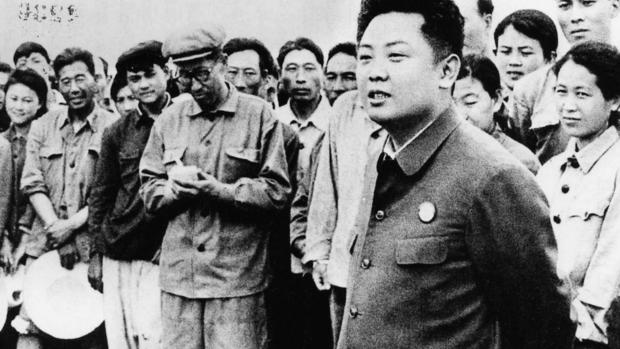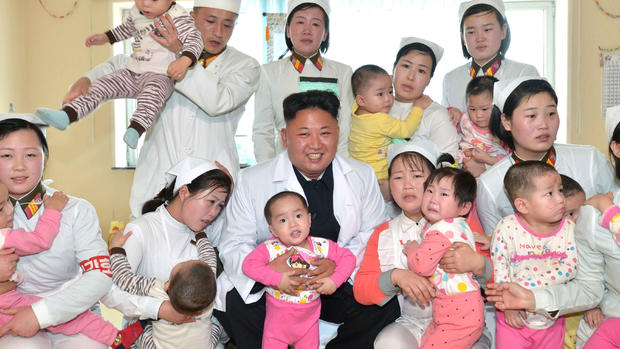North Korea leader Kim Jong-un reportedly sacks his uncle Jang Seong-thaek, No. 2 man in regime
SEOUL -- In what appears to be a
sign of a turbulent power struggle among North Korea's elite, South Korea's
intelligence agency said Tuesday the
No. 2 man in the isolated North appeared to have been purged from power.
The National Intelligence Service (NIS) told South Korean lawmakers that Jang Song Thaek, the uncle of the North Korean leader, Kim Jong Un, was "recently ousted from his position" as vice chairman of North Korea's powerful National Defense Commission, and that "two of his closest confidantes -- Ri Yong Ha and Jang Soo-Kil -- were publicly executed in mid November," according to opposition lawmaker Jung Cheong Rae.
If verified, Jang's ousting would represent the most serious political shakeup in North Korea since former leader Kim Jong-Il's death in December 2011.
"The
NIS has assessed the cause of Jang's fallout to be an internal power struggle,"
Cho Won-jin, a conservative lawmaker who was briefed by the NIS, told reporters.
"It was a power struggle to consolidate Kim Jong-un's one man rule."
His clout was on display during a state visit to China in August 2012, on which he brought along some 50 North Korean representatives to discuss the two countries' cooperation in special economic zones near their border. He was received by the then-Chinese President Hu Jintao and Prime Minister Wen Jiabo.
Some South Korean experts suggest the instability created by a power struggle could lead the reclusive nuclear-armed state to take fresh provocative actions on the world stage, in an effort to quell discord and reinforce unity.
"In looking at past cases, when the North Korean regime becomes unstable, there could be more frequent provocations directed against the South," Yang Moo-jin, a North Korean expert at the University of North Korean studies in Seoul, told South Korea's semi-official Yonhap news agency. "If so, then the South-North Korean relations could worsen and the tension on the Korean peninsula will heighten."
A top North Korea scholar who spoke to CBSNews.com, however, was not surprised by the reports of Jang's ouster.
"The signs have been there for some time that Jang was fading. He has been appearing less and less frequently in Kim Jong Un's presence, or indeed, at all. If that change in his previously high-profile visibility was not caused by health problems, it suggested a political problem," said the expert, who spoke to CBSNews.com on background due to his ongoing work in the field.
Furthermore, the scholar suggested characterizations of Jang as the "power behind the throne" in North Korea were "overblown."
"There is no power in North Korea except that at the top. From the moment Kim Jong Il died almost two years ago, Jang was vulnerable. He probably had a lot of enemies, but he no longer had any top cover," said the academic. "It wouldn't be surprising if Kim Jong Il had told his son to watch Jang carefully, and to cut him down when the time came."
Filed by CBS News' Samuel Songhoon Lee in Seoul. Edited by CBSNews.com's Tucker Reals in London.

